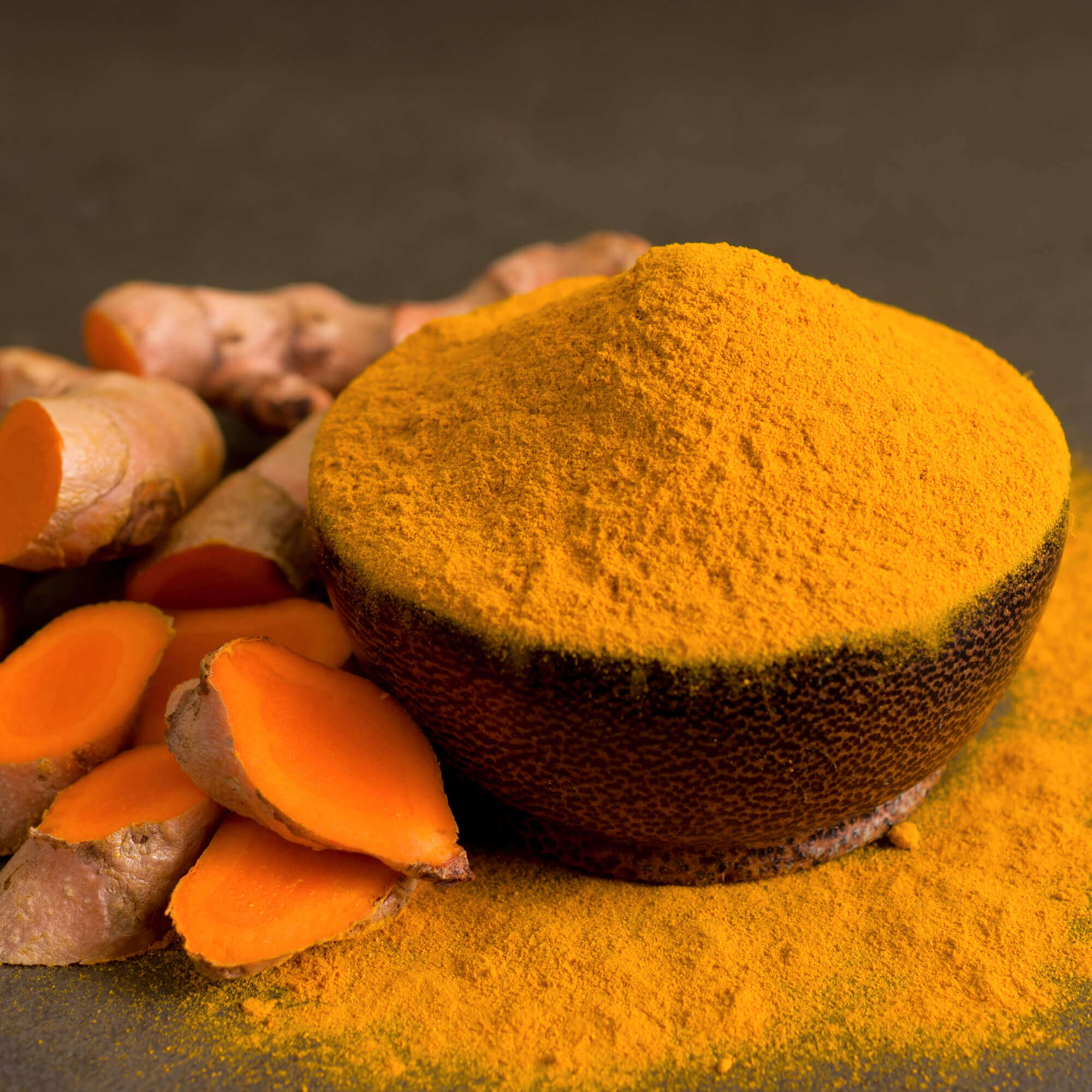Turmeric not only adds flavor to dishes but also offers significant health benefits. As a natural spice that imparts a yellow color to food, turmeric is renowned as an effective herbal remedy for bloating, reducing inflammation, lowering cholesterol, and brightening the skin. The curcumin content in turmeric has anti-inflammatory and antioxidant properties that are beneficial for the body.
Nutritional Profile of Turmeric
According to the United States Department of Agriculture (USDA) National Nutrient Database, turmeric contains various beneficial nutrients. The nutritional content in one tablespoon of turmeric includes:
- 29 calories
- 0.91 grams of protein
- 0.31 grams of fat
- 6.31 grams of carbohydrates
- 2.1 grams of fiber
- 0.3 grams of sugar
Additionally, one tablespoon provides:
- 26% of daily manganese needs
- 16% of daily iron needs
- 5% of daily potassium needs
- 3% of daily vitamin C needs
Health Benefits of Turmeric
1. Alleviating Acid Reflux
Curcumin in turmeric is effective in treating acid reflux by reducing the acidity levels in the stomach. The polyphenols in turmeric can also prevent esophageal inflammation, which can trigger acid reflux, and treat gastritis, characterized by symptoms such as nausea, bloating, and vomiting.
2. Reducing Inflammation
One of turmeric's well-known benefits is its ability to reduce inflammation in the body. Research has shown that the active compounds in turmeric, particularly curcumin, have strong anti-inflammatory effects. This means turmeric can help alleviate symptoms of inflammation, such as swelling and pain. For individuals with conditions like arthritis, where joint inflammation is a major issue, using turmeric as a supplement or spice can help reduce pain.
3. Relieving Joint Pain
Besides being anti-inflammatory, turmeric is also beneficial for relieving pain, particularly pain associated with inflammation, such as in arthritis. Some studies indicate that regular consumption of turmeric can provide benefits similar to non-steroidal anti-inflammatory drugs (NSAIDs) like Ibuprofen in alleviating joint pain. However, it is important to consult with a healthcare professional regarding the dosage and use of turmeric for pain relief, especially for those with specific health conditions or who are taking other medications.
4. Optimizing Liver Function
The antioxidants in turmeric are proven effective in maintaining liver health. These antioxidants help protect the liver from damage caused by free radicals and toxins. For individuals with conditions such as diabetes, where liver health issues are common, incorporating turmeric into the diet can offer additional benefits in maintaining liver health.
5. Reducing Cancer Risk
Turmeric has been a subject of interest in cancer prevention research. The curcumin in turmeric has been shown to have anti-cancer properties in some studies. Curcumin may have protective effects against certain cancers.
6. Supporting Digestive Health
Turmeric is not only a flavorful spice but also plays a crucial role in maintaining digestive health. Its antioxidant and anti-inflammatory properties help the body digest food more efficiently. Regular consumption of turmeric can also help reduce inflammation in the digestive tract.
7. Supporting a Healthy Diet
Turmeric is an excellent choice for those on a diet or leading a healthy lifestyle. Turmeric water, rich in antioxidants, can inhibit energy storage in the form of fat. Additionally, turmeric's anti-inflammatory properties can suppress inflammation responses commonly triggered by obesity. It is important to consult with a doctor before taking turmeric supplements, as individual reactions can vary.
8. Boosting Immunity
A natural way to boost immunity is to consume turmeric mixed with honey regularly. Turmeric and honey have long been known as ingredients in traditional remedies that help warm the body and enhance resistance to diseases.
9. Supporting Women's Health
One of the benefits of turmeric for women is alleviating menstrual pain. Turmeric with its natural anti-inflammatory properties can help reduce inflammation and cramps often experienced during menstruation.
10. Reducing Bloating
Digestive issues like bloating can be very disruptive and uncomfortable. Fortunately, turmeric has antispasmodic properties that can help relieve tension in the muscles of the digestive tract, reducing bloating symptoms.
11. Maintaining Blood Sugar Levels
The fiber content in turmeric water can help slow glucose absorption in the blood, preventing sudden blood sugar spikes. Some studies also suggest that turmeric can improve insulin sensitivity, allowing the body to use glucose more effectively. Thus, regular consumption of turmeric can help prevent risky blood sugar fluctuations.
12. Lowering Cholesterol
High cholesterol is a significant risk factor for heart and vascular diseases. Turmeric can help lower cholesterol levels. Regular consumption of turmeric, especially in the form of traditional remedies or warm drinks, can reduce the risk of artery blockage and plaque buildup, which can lead to serious health problems.
13. Brightening Skin
Regularly using turmeric scrubs can help brighten the skin. The antioxidants and vitamin C in turmeric help combat free radicals that can damage the skin and cause premature aging. Applying a turmeric face mask regularly can help brighten the skin, treat acne, and reduce hyperpigmentation. However, using turmeric on the skin should be done cautiously to avoid allergic reactions or skin irritation.

Post a Comment for " 13 Benefits of Turmeric for Body and Skin Health"